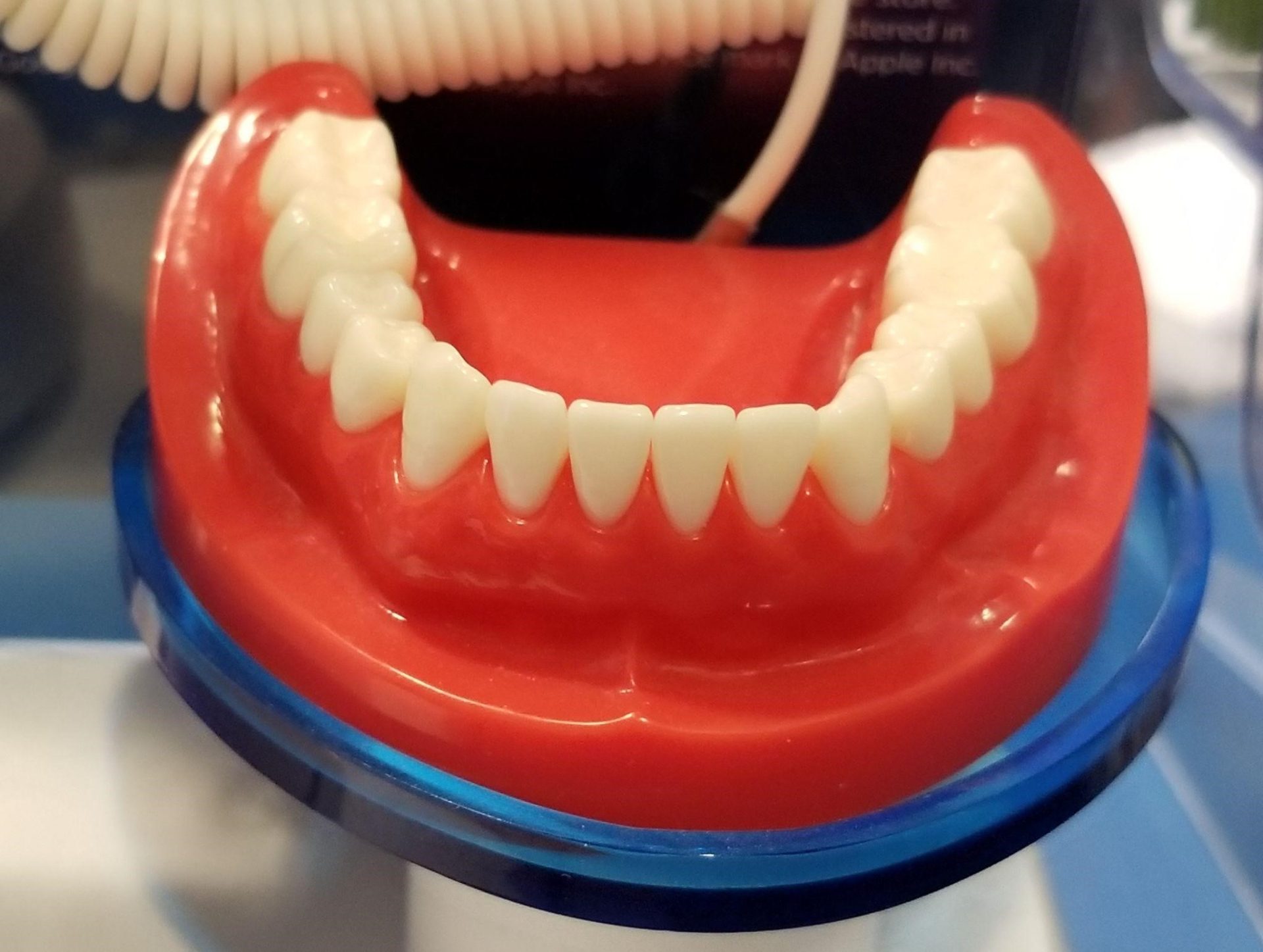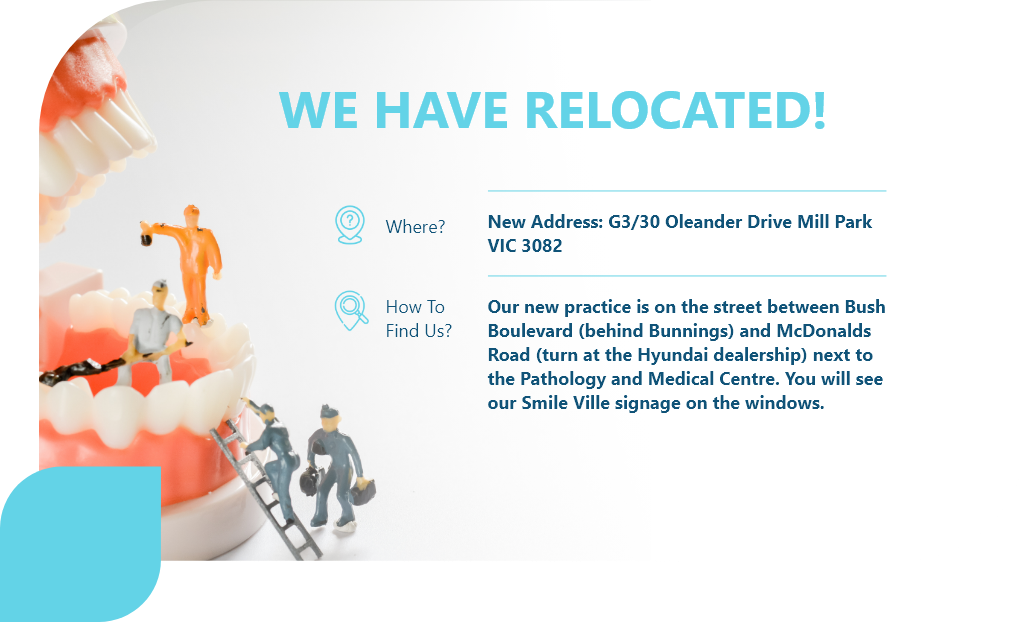What is gingivitis?
Gingivitis is the earlier stage of gum disease. It is the swelling of the gums as a result of plaque or bacterial accumulation on the teeth. When you notice that your gums are becoming swollen, tender and red, you may be suffering from gingivitis. Visit your oral care provider and learn how to ease this condition.
What to Do if You Have Gingivitis
The first thing to do is to control the swelling and spread of bacteria. It is best to seek the help of a dental professional to check the extent of the disease. Your dentist will also recommend the best dental treatment to decrease the impact of the infection.
Dental Cleaning and Scaling
Dental cleaning and scaling should be scheduled twice every year, every 6 months. This can help maintain optimum health of your teeth, gums and other mouth structures. Although brushing can help prevent plaque accumulation, regular professional cleaning also includes checking the overall condition of your teeth and mouth.
Scaling can only be done by professionals. They use a special dental tool to remove the hard white calculus or tartar that form on the teeth that causes gum infection. Your gums and teeth will feel relieved when the tartar is scaled from your gumlines.
Oral Antibiotics for Acute gum Infection
For more severe types of gingivitis, some dentists prescribe oral antibiotics and/or a combination of them to lessen the inflammation and spread of bacteria in the mouth.
Caring for Your Gums at Home
After getting professional help, ask your dentist for some home care tips to maintain the health of your gums and teeth. It is highly recommended to observe these home remedies to prevent gingivitis from impacting your oral health.
You may also consider these simple oral home care tips:
1. Brush and Floss
Your daily health routine should include brushing your teeth at least twice a day. Flossing should also be done once a day. This can help remove bacterial build-up in between teeth and in the gumlines.
Make sure to find the right kind of brush that will work well with your gums and teeth. For highly sensitive gums, it may be best to use a soft-bristled toothbrush. It is also advised to change your toothbrush every three months.
2. Regularly Rinse with Antimicrobial Mouthwash
In some cases, an antimicrobial mouthwash may be advised but for a limited time only. It is not recommended for a long period of time, just to treat the acute gum infection. These Mouthwashes should be used 30 mins after toothbrushing. Always, consult with your dentist about their use
3. Avoid Smoking and Drinking Acidic Beverages
Smoking and drinking alcohol increases tartar and plaque build-up, hence, it is best to refrain from doing so. Smoking also causes teeth stains that are difficult to treat. It makes teeth brittle and induces bacteria to migrate within your gumlines.
Drinking acidic beverages tends to reduce the quality of tooth enamel. When this happens, your teeth and gums become more vulnerable to decay and infection.
4. Limit Your Sugar Intake
Who doesn’t love the sweetness of sugar, right?
The thing is, sugar can also do your teeth some harm. It can lower the pH level in your mouth, resulting in plaque accumulation. When this happens, acid attacks will increase leading to gingivitis and worst, tooth loss.
It is highly recommended to cut down on your sugar intake. If you are a sweet tooth like me, rinse off the sugar with mouthwash or brush your teeth after indulging in your favourite sugary treats.
5. Use Natural Products for Home Remedies
Using products in your pantry should only be done after consulting your dentist. While many write-ups may convince you to try some home remedies, it is best to seek the professional advice of your trusted dentist in South Morang.
Here are some natural remedies that you may find worthwhile the most common one and predictable one is:
Salt Solution Treatment: Add ½ teaspoon of table salt to a cup of lukewarm water. Gargle the solution for about 30 seconds and spit it out. Do this twice or thrice daily. The downside to this is that long term use may result in enamel corrosion.
So, it is always best to ask your dentist for a treatment that will work optimally for your gums.
Learn more about proper gum care, contact Smile Ville in South Morang today!











